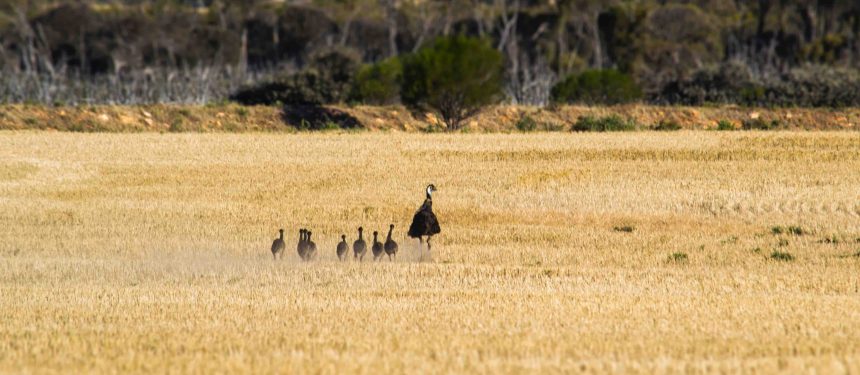The Australian government has unveiled incentives to increase the proportion of international students in regional and remote areas, providing clarity after six months filled with rhetoric and debate.
News and business analysis for Professionals in International Education
Have some pie!
Clarity on regional Australian education plans welcomed
 An additional year's post-study work and scholarships are part of Australia's population management plan. Photo: Germane Jaws/Unsplash
An additional year's post-study work and scholarships are part of Australia's population management plan. Photo: Germane Jaws/Unsplash Included in the Planning for Australia’s Future Population document, which outlined broad goals to manage urban growth in regional Australia, are plans for international students who choose regional study to receive additional post-study work rights and access to a new scholarship scheme.
“Admittedly the numbers aren’t the largest but it’s a start”
“This plan is about protecting the quality of life of Australians right across our country, in our urban areas, in our regional parts of the country,” prime minister Scott Morrison said.
“It’s about realising the economic opportunities that are all around the country and… investing in the fabric of our community so we can grow together.”
Under the plan, overseas students who study and remain in regional areas will be given an additional year on their post-study work visa. This will increase visas to three years for bachelor’s graduates and to five years for PhD students.
Foreign students will also have access to Destination Australia Scholarships – 4,720 scholarships over four years of up to $15,000 per year for both domestic and overseas students to study at a regional HE or VET provider.
The announcement ends speculation around the government plans to increase the proportion of international students in regional Australia, currently 3%, after Morrison said Sydney and Melbourne did not want more.
“We also need to ensure it doesn’t come at the expense of other vital programs across the sector”
Over the proceeding six months, rhetoric softened from what some perceived as enforcement touted by Morrison, to education minister Dan Tehan inviting providers to assist in addressing the lopsided student population flow.
Education stakeholders welcomed incentivising regional study, with University Australia chief executive Catriona Jackson calling it “another drawcard” for international students to come to Australia.
“Australia’s regions are a great place to study, work and live – offering a highly attractive combination of a world-class university education and an enviable lifestyle,” she said.
While generally supportive, Jackson said universities would look into how the scholarships funding model to ensure it didn’t “come at the expense of other vital programs across the sector”.
In November 2018, a $134m regional university package was labelled a “raid on uni research” by the group after it emerged the packaged was sourced from the nation’s research budget.
“This plan is about protecting the quality of life of Australians right across our country”
Regional Universities Network executive director Caroline Perkins said education was an effective measure in broader population management.
“We know that seven out of ten of the graduates from our university campuses actually go on to work in the regions, so potentially for both domestic and international students, it will mean there are more graduates to work in regional Australia,” she said.
At their current level, the DA scholarships cover 0.2% of the entire commencing group for higher education, which sits at 619,000 enrolments, but Perkins told The PIE News it was a signal for international students.
“Admittedly the numbers aren’t the largest, but it’s a start, and I think embedded in that broader plan… it raises the profile of tertiary studies at regional campuses and regional locations,” she said.
“It sends the message to the world that regional campuses are a worthwhile place to study and the Australian government is incentivising that.”
Perkins added RUN had included in its submission to the review of regional, rural and remote education the need for further scholarships for domestic and international students and would support additional measures to alleviate financial pressures.
As well as the incentives for international students, the permanent residency visa cap was lowered from 190,000 to 160,000.
Still looking? Find by category:


